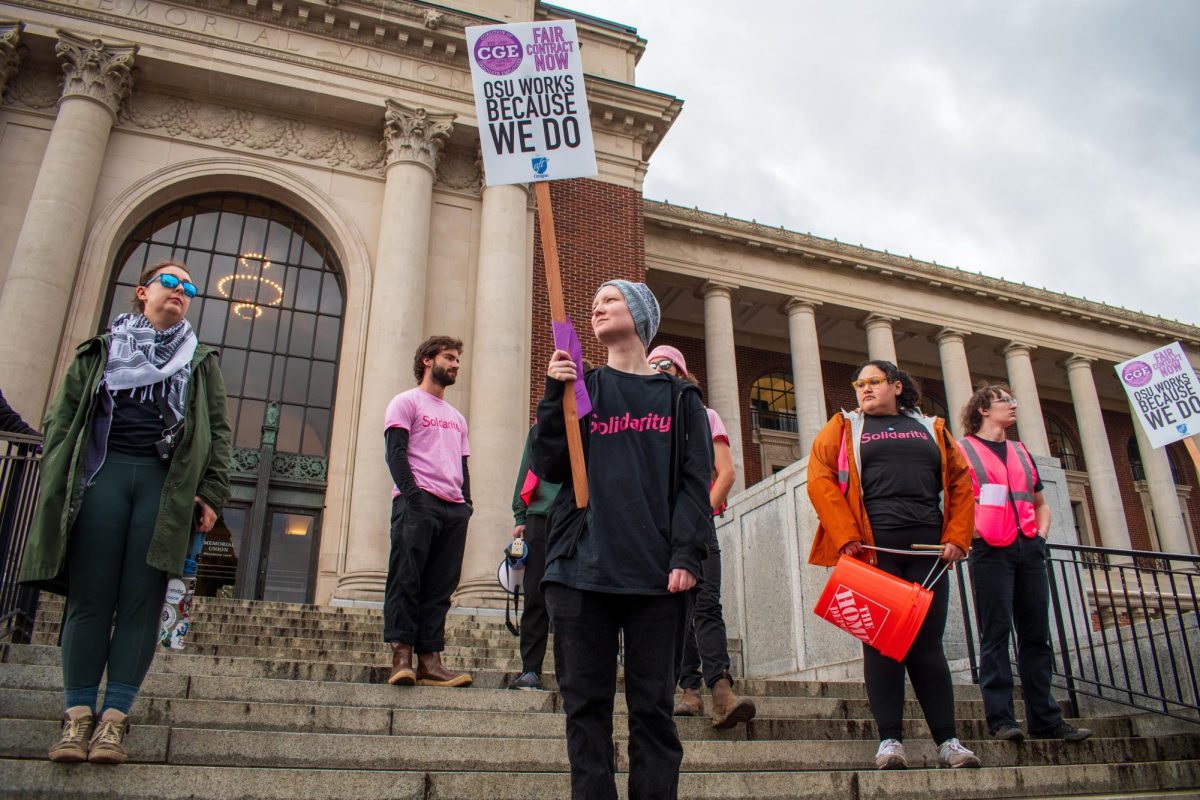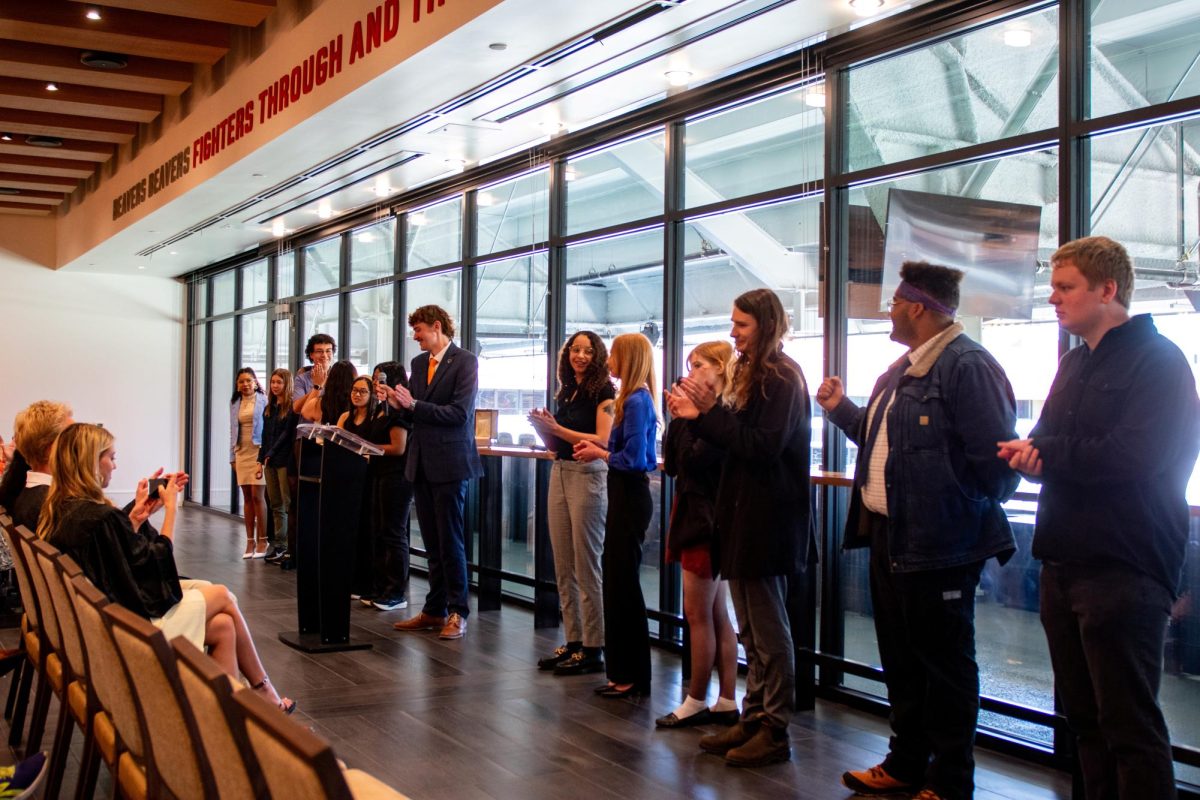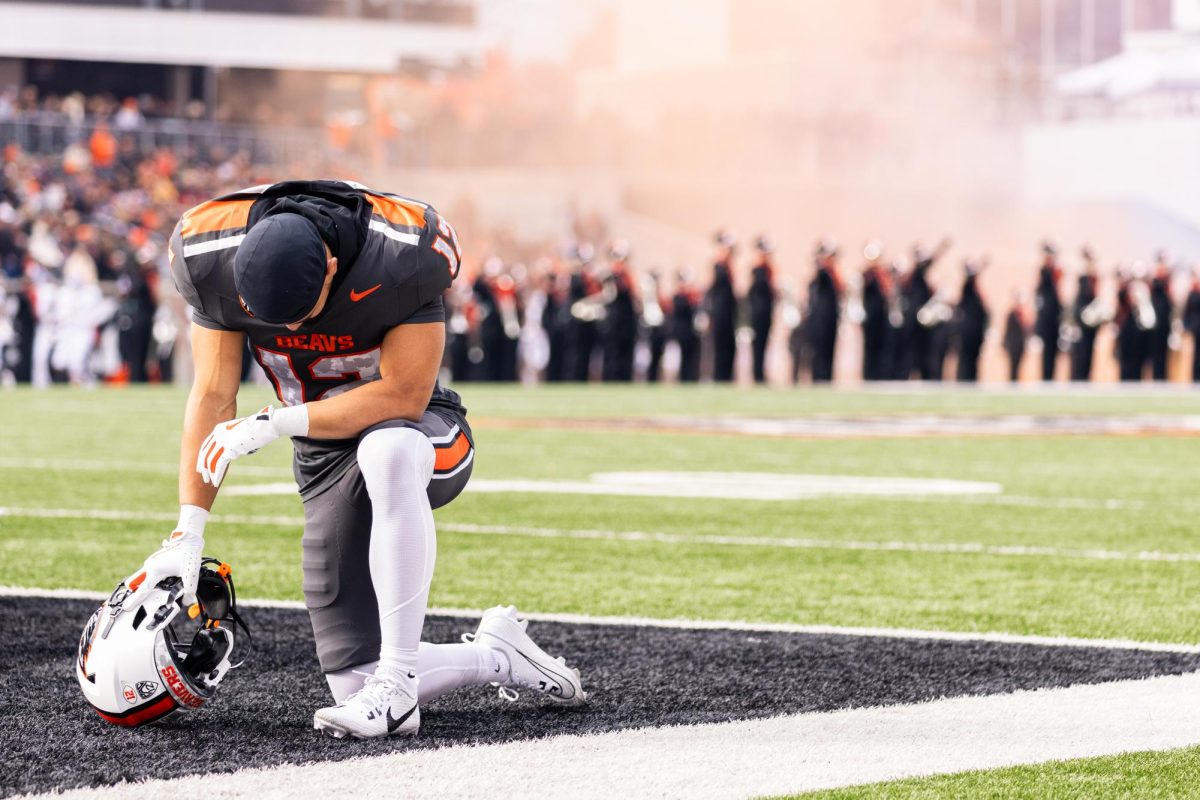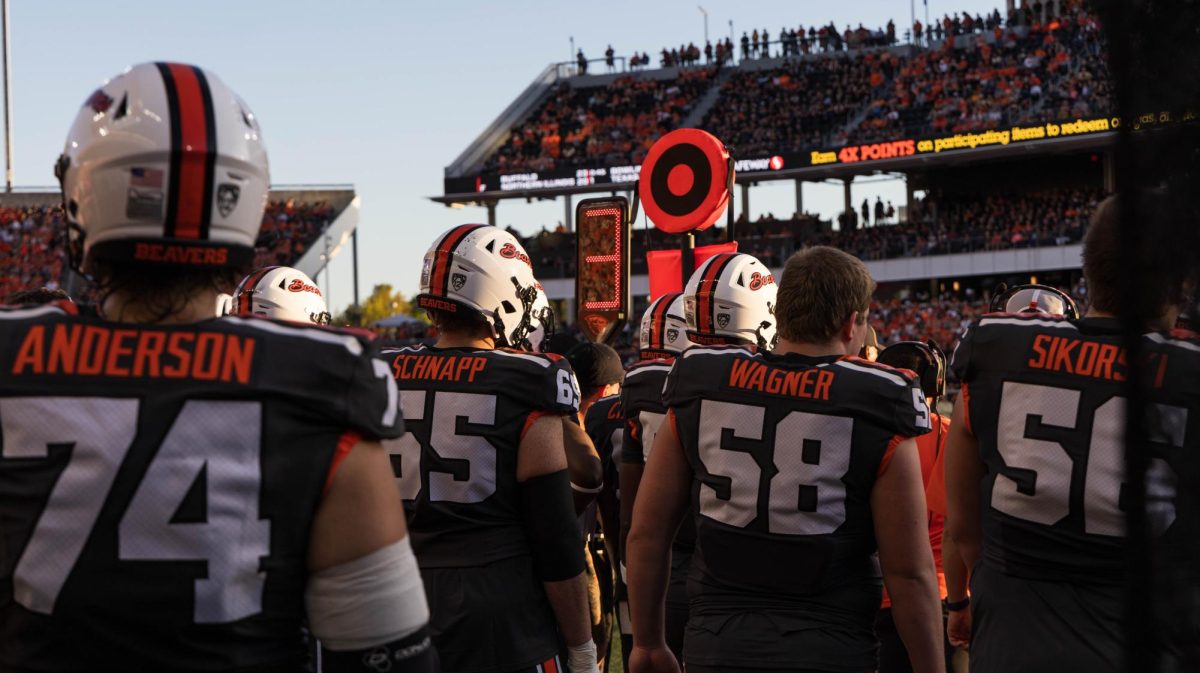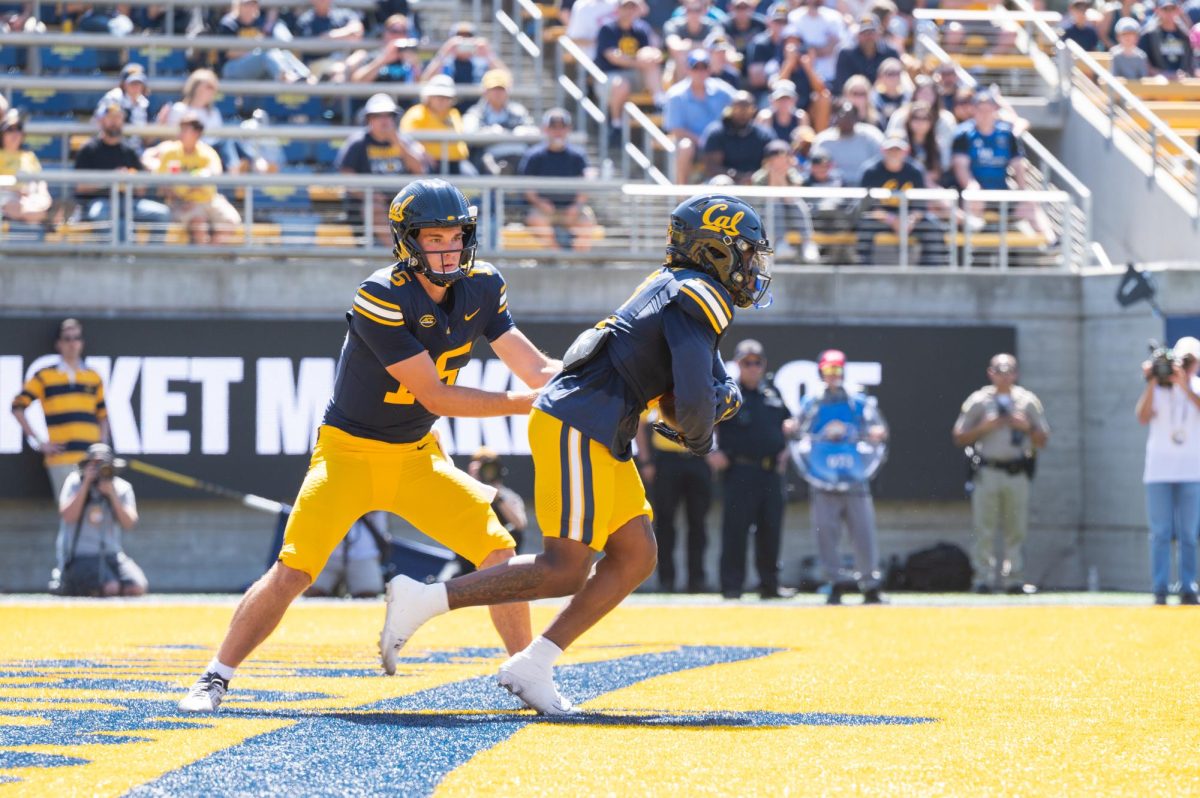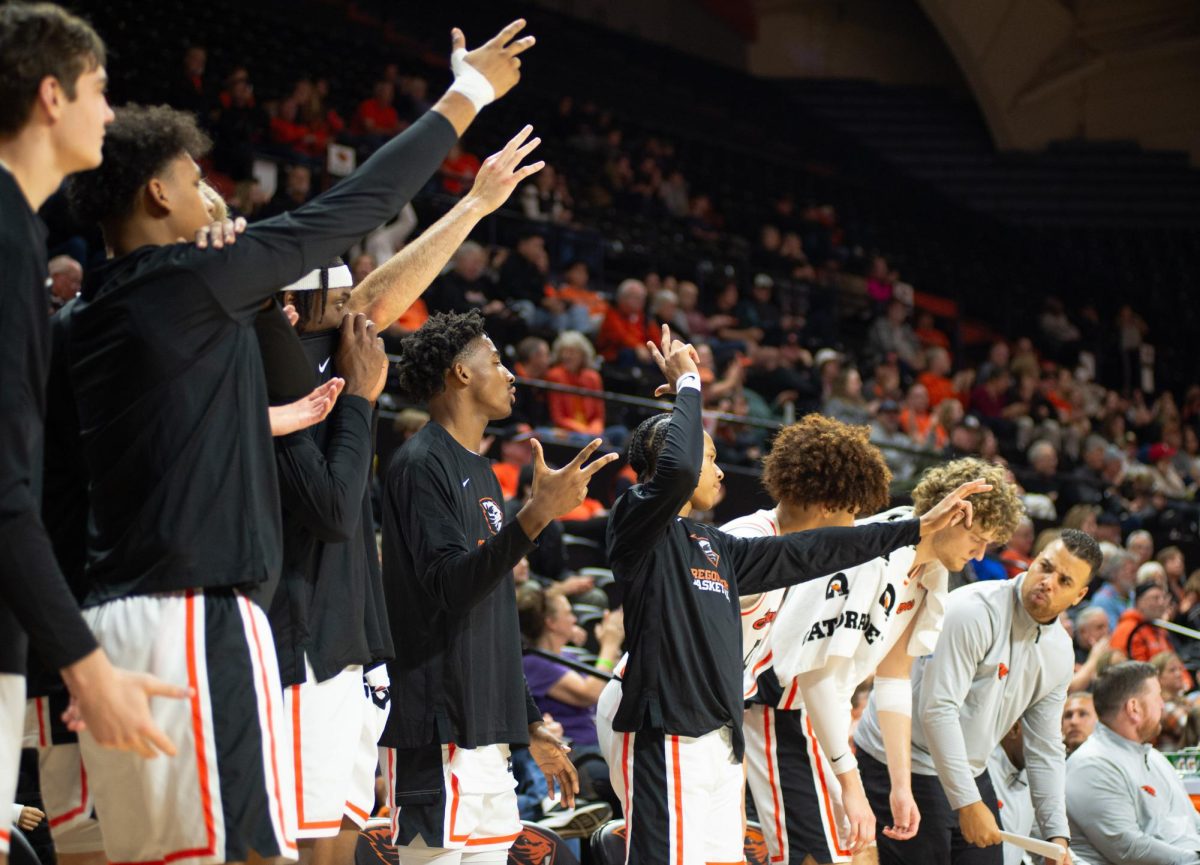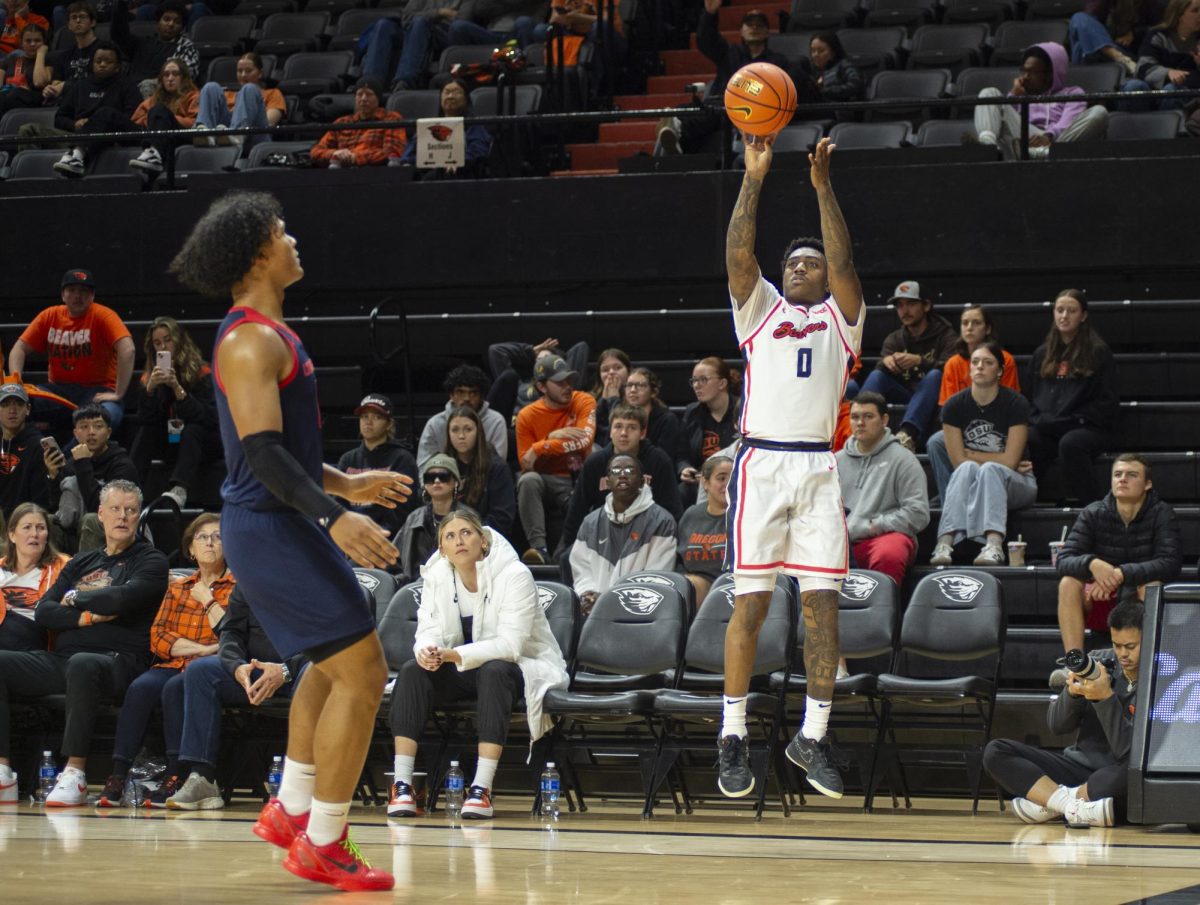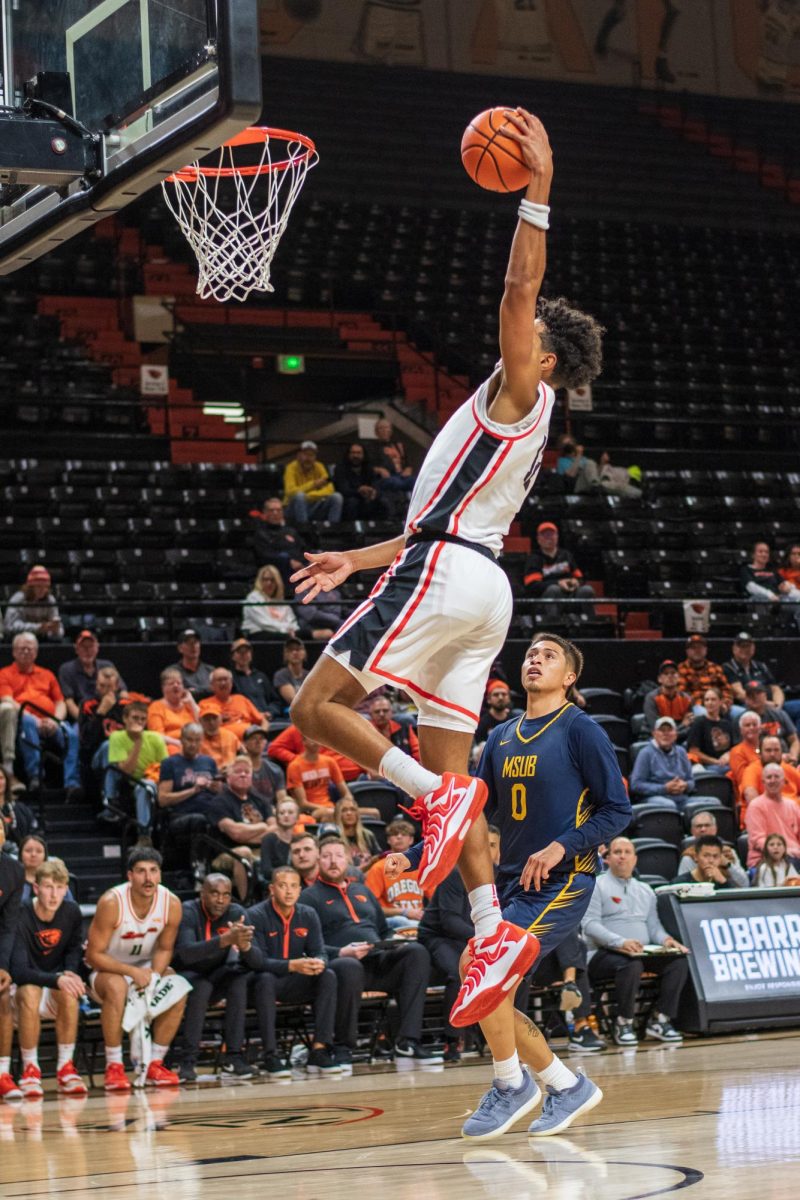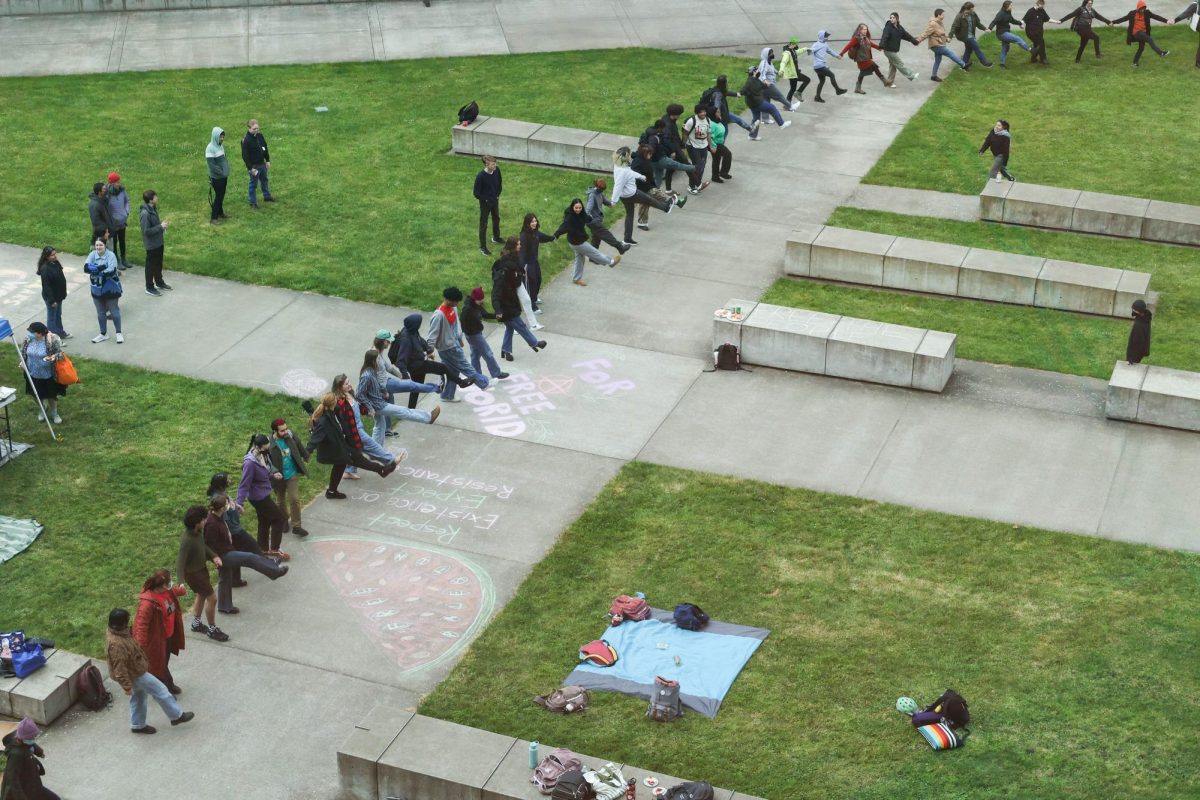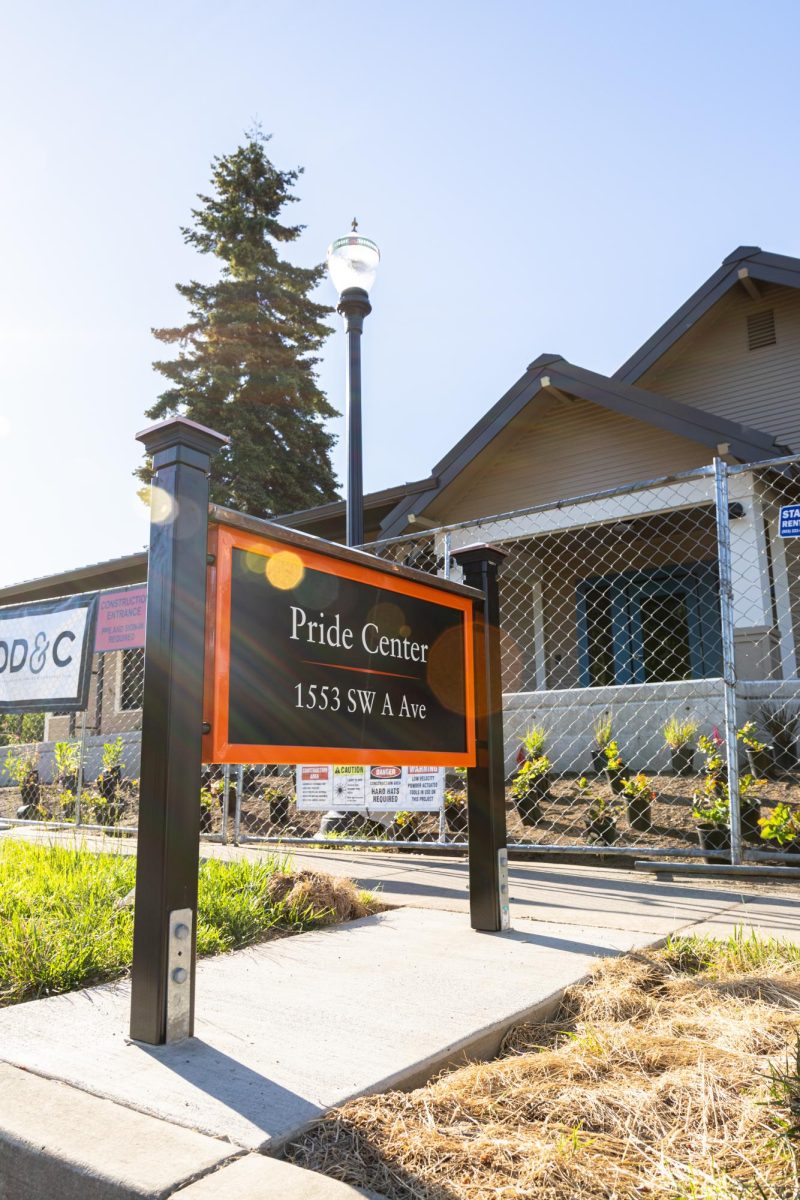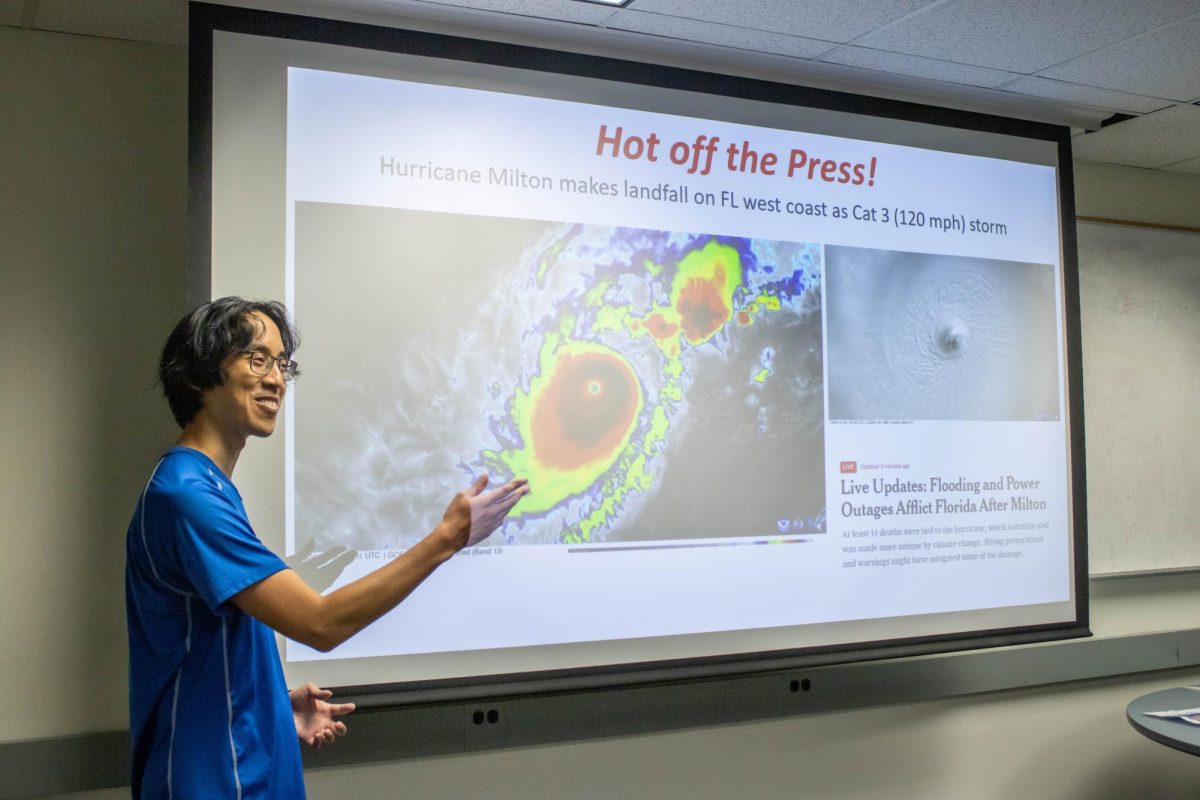Editor’s Note: This story has been updated from its original version.
Students at universities across the country, including at Oregon State University, are assembling protests and encampments calling for a ceasefire in Gaza.
OSU students established an encampment Wednesday morning in the Memorial Union Quad. However, campus officials said this is against campus policy.
Guidelines for protesting are different for each university, including OSU. This includes how they work with students participating in protests, from setting up a protest to how they can exercise their right to free speech.
In terms of assembling a protest, Kevin Dougherty, senior associate vice provost and dean of students, said no permits are required to protest on OSU’s Corvallis campus.
“If a protest or demonstration were to take place, we would follow established practices designed to provide safety for those on our campuses and support for the free expression rights of OSU community members while maintaining university operations,” Dougherty said.
University grounds such as quads, lawns, streets and sidewalks may be used for demonstrations or protests.
However, no signage, chalking, fliers, banners, posters or other materials can be situated on exterior surfaces of fixtures, structures, art or the interiors of OSU buildings not designated for posters.
“We diligently protect freedom of expression in action and policies that ensure OSU community members can say what they think, express their opinions and peacefully protest,” Murthy wrote in a statement on April 30.
OSU recognizes the rights of free speech, and will not punish individuals who exercise that right even if others think their views are “offensive, objectionable, or contrary to the university’s institutional values,” OSU’s Freedom of Speech and Expression policy states.
OSU also has the right to exercise its own right to free speech.
However, prohibiting or punishing hate speech is a violation of the First Amendment.
OSU defines hate speech as speech that insults or demeans groups of people on the basis of, but not limited to, the attributes of race, religion, ethnic origin, sexual orientation, disability or gender.
However, speech that calls for a serious intent to cause physical injury to an individual or a group of individuals will not be protected by the U.S. Constitution or OSU, the policy states.
Universities across the country have faced backlash for using security and police officers against protesters demanding a ceasefire in Gaza.
Dougherty said OSU police may attend protests as “observers” or are called upon a scene should there be reports of violence or physical harm.
“The Department of Public Safety is notified of an on-going demonstration in various ways,” Dougherty said. “They can be notified by those who are organizing the demonstration, those attending the demonstration, or community members seeing the demonstration occurring.”
In the case of a violation of OSU’s policies during a demonstration, Dougherty said, the university follows the student code of conduct and abides by the university’s policies and standards to “protect the interests of the community and to address behavior that is not in accordance with our policies.”
“Passionate advocacy is important, but we will not accept violence or threats of violence, willful destruction of property, or discrimination or harassment based on community members’ nationality, ethnicity or religion,” said Murthy in the same statement. “We will continue to act quickly to investigate and hold parties accountable for incidents that violate our policies and the law.”
“This process is separate from criminal or civil court processes,” Dougherty said.
Dougherty said penalties depend on the severity of the violation and the student’s conduct history.
Dougherty said that “assigned sanctions,” which are consequences students face when violating campus law, are assigned to provide opportunity for students to reflect on the choices they made along with their behavior. It aims to demonstrate learning and make reparations for any harm caused.
Dougherty said that if a student can’t “tailor their behavior to community expectations,” the student conduct process could take away certain privileges.









